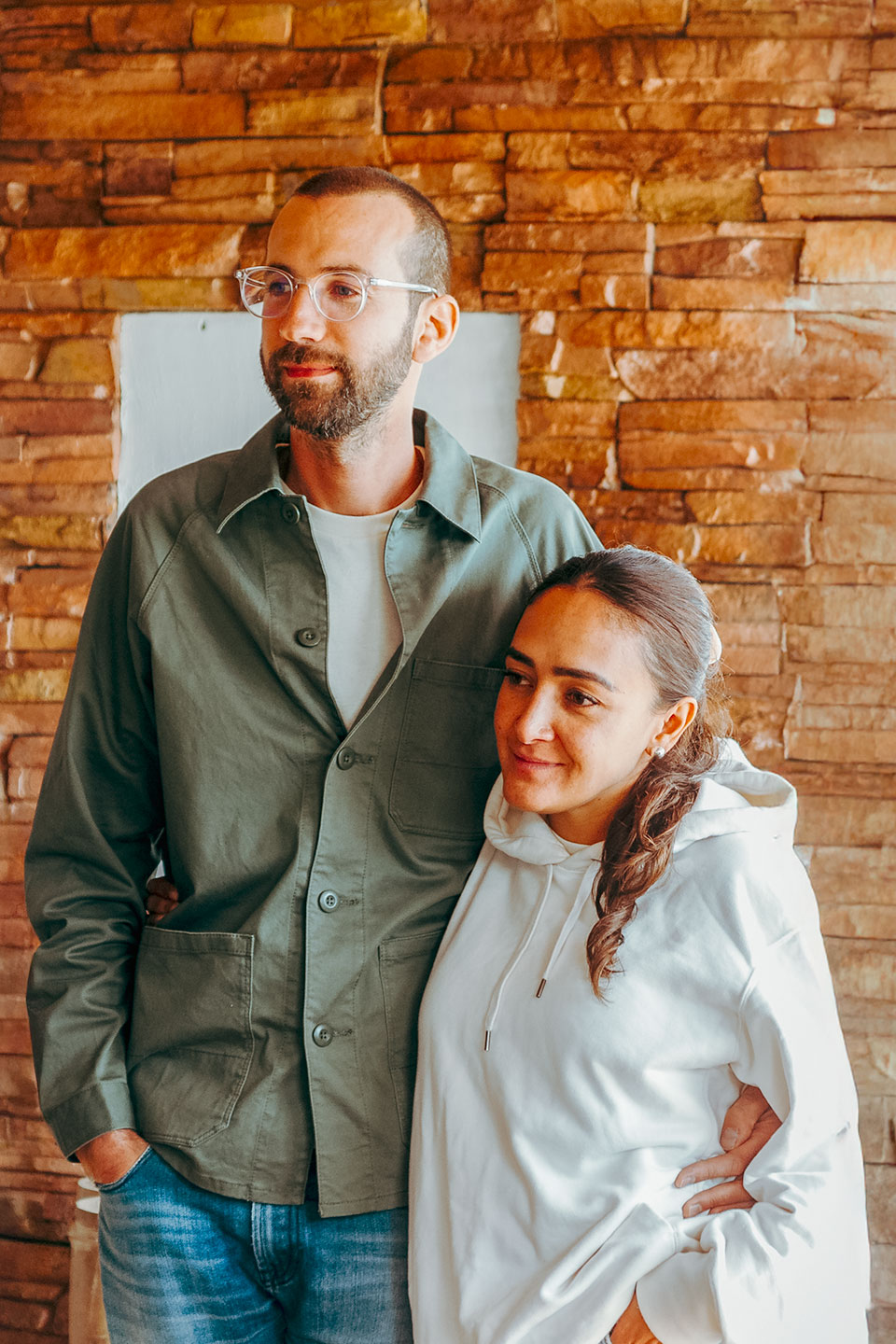
Undervalued No More: In Pursuit of a Genuine Cup
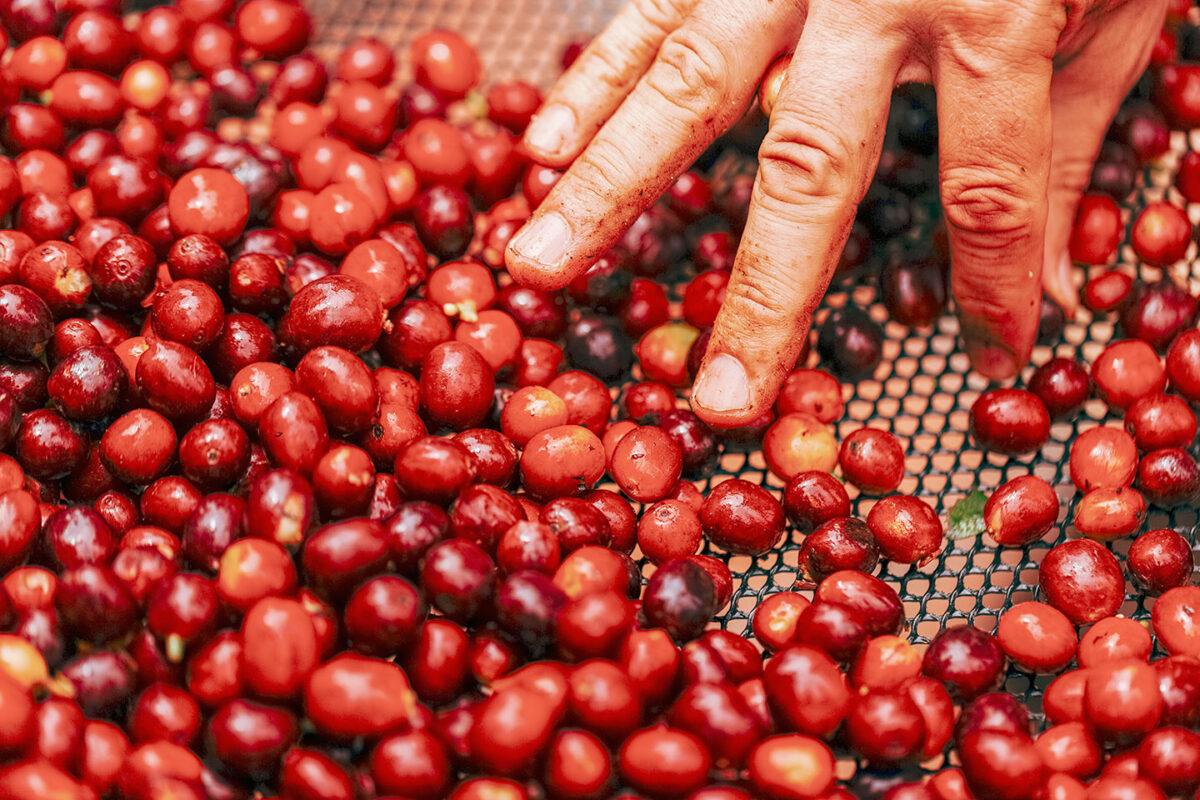
Colombia has become one of the most closely watched coffee-producing countries in the specialty coffee world. From the oft-talked-about infused and co-fermented coffees to new varieties like Spicy Bourbon and Bourbon Sidra, there’s always something fresh grabbing attention. Love it or hate it, there’s no denying that a growing number of producers are breaking away from traditional methods to explore new possibilities.
One name that’s inspiring young producers across Colombia is Nestor Lasso of Finca El Diviso. He’s known for finishing in the top 3 of WBC for the past 3 years thanks to the help of CATA export who first discovered him in 2019 and launched his career by exporting his first coffees, and then helping him win his first national competition back in 2021 with a natural Pink Bourbon processed over 180 hours.
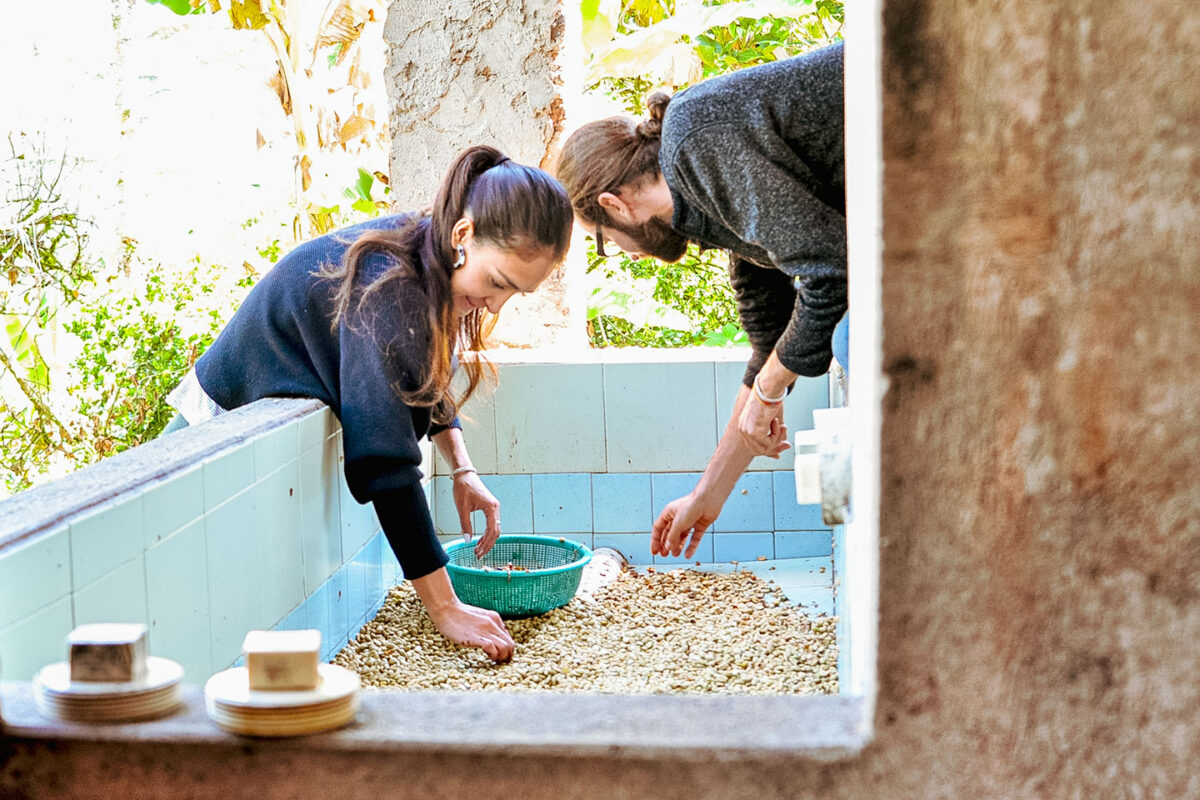
Catalina Gutiérrez and Pierre Fargetton, who co-founded CATA Export in 2019 have worked effortlessly for the past 5 years to get Nestor’s name on the map of specialty coffee by placing his coffees in competitions but also by traveling with him to many international coffee events, and today he is a household name.
Catalina and Pierre don’t just work with Nestor; they also support other promising producers, including Oscar Hernandez from Los Nogales whose coffees have been winning national BC and BrC for the past 3 years and Jonathan Gasca, whose coffee was used by the 2024 World Barista vice-champion. On top of that, the couple has been producing coffee themselves since 2024, when they purchased a farm in Huila.
Their mission to share Colombia’s finest coffee with the world comes from a frustration with the status quo, where coffee producers often don’t have a voice to advocate for the value of their coffee or their hard work. Passionate about changing this, they launched their business to explore one question: “What does real transparency mean?” We interviewed them to find out what drives them to keep pushing forward in search of an answer?
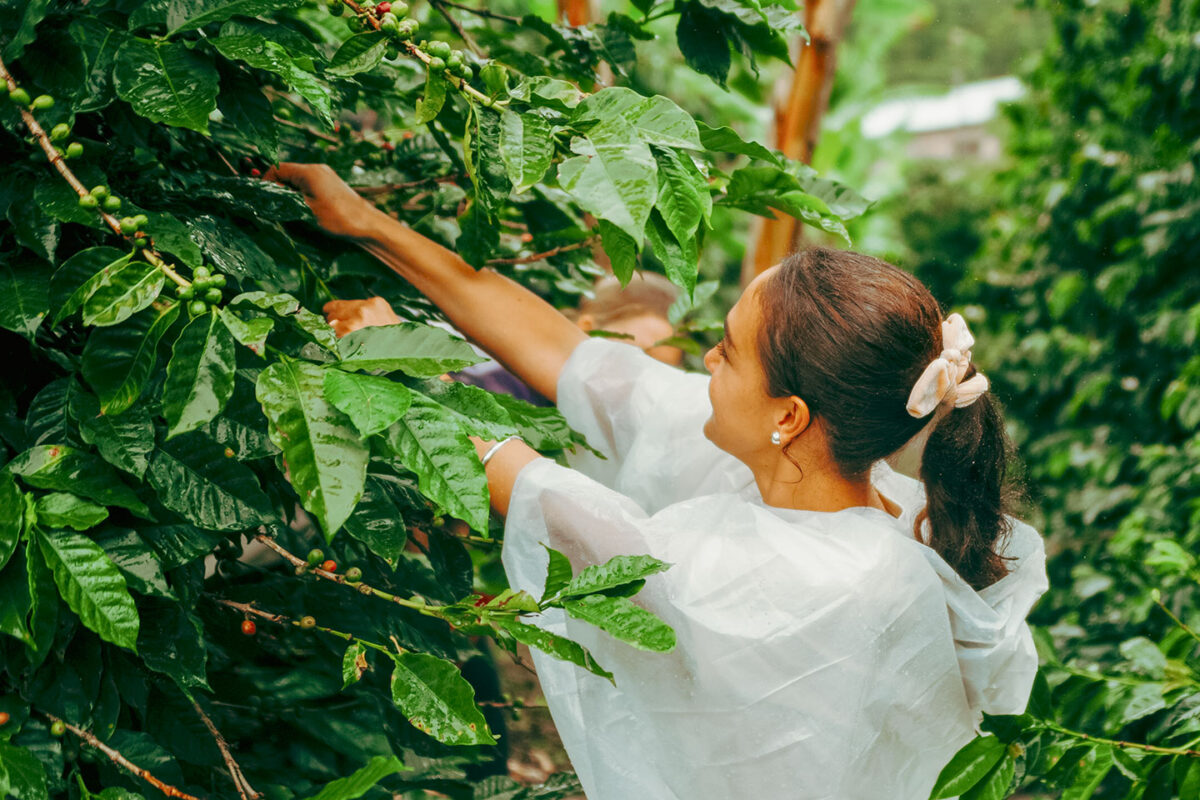
Highlighting the value of producers’ work
Words like “sustainability” and “transparency” have long been part of the public lexicon, but too often, they’re thrown around as feel-good buzzwords to gloss over the reality of a situation.
CATA’s blended coffee is a direct challenge to this trend. Their blends typically feature coffee from two to four different producers, with each proportion clearly specified and the reasoning behind the choices transparently explained.
Catalina: “Whether it’s a blend or a single origin, what matters is highlighting the value of the work producers do. Sometimes, blending certain lots with others can really bring out their best qualities.”
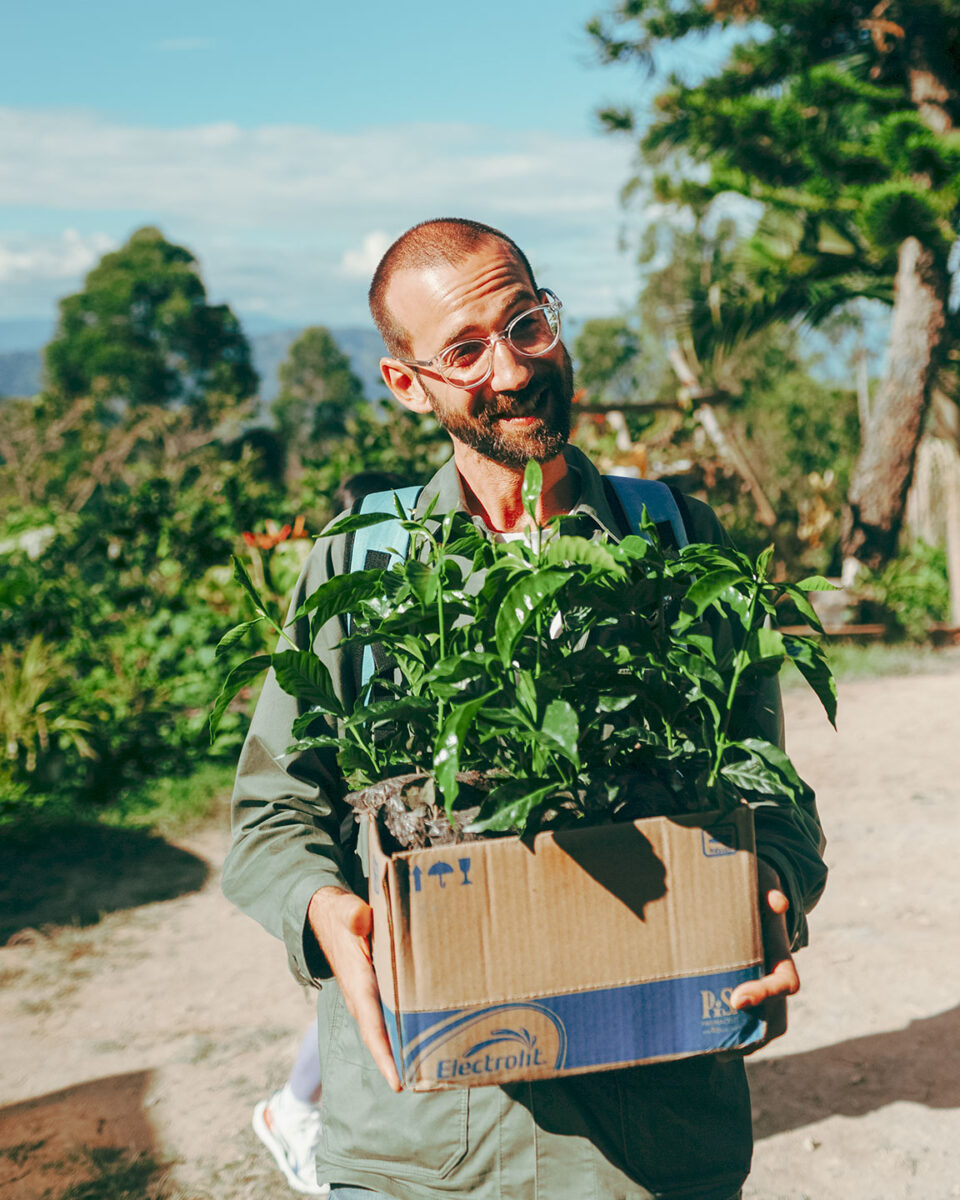
Pierre: “When we started in 2019,, there was a lack of traceability in the coffee industry. The supply chain is so long and involves so many intermediaries that a lot of important information gets lost. It wasn’t unusual to see mistakes on packaging – producer names, photos, even descriptions of the beans were often wrong. This just showed how undervalued producers’ work really was.
As someone who used to work as an independent musician, I can relate to what they go through. The music industry is fiercely competitive, with many promoters taking advantage of artists by underpaying them. For example, sending a demo tape to a promoter and getting no response feels a lot like coffee producers sending green bean samples to exporters and receiving no feedback. I think knowing what it’s like to be ignored helped us really connect with producers in a deeper and human way.
For me, genuine relationships mean that two people or companies share a real interest in working together for the better of the industry and trying to truly understand each other. Reflecting that concept in our business is at the core of what we do.”

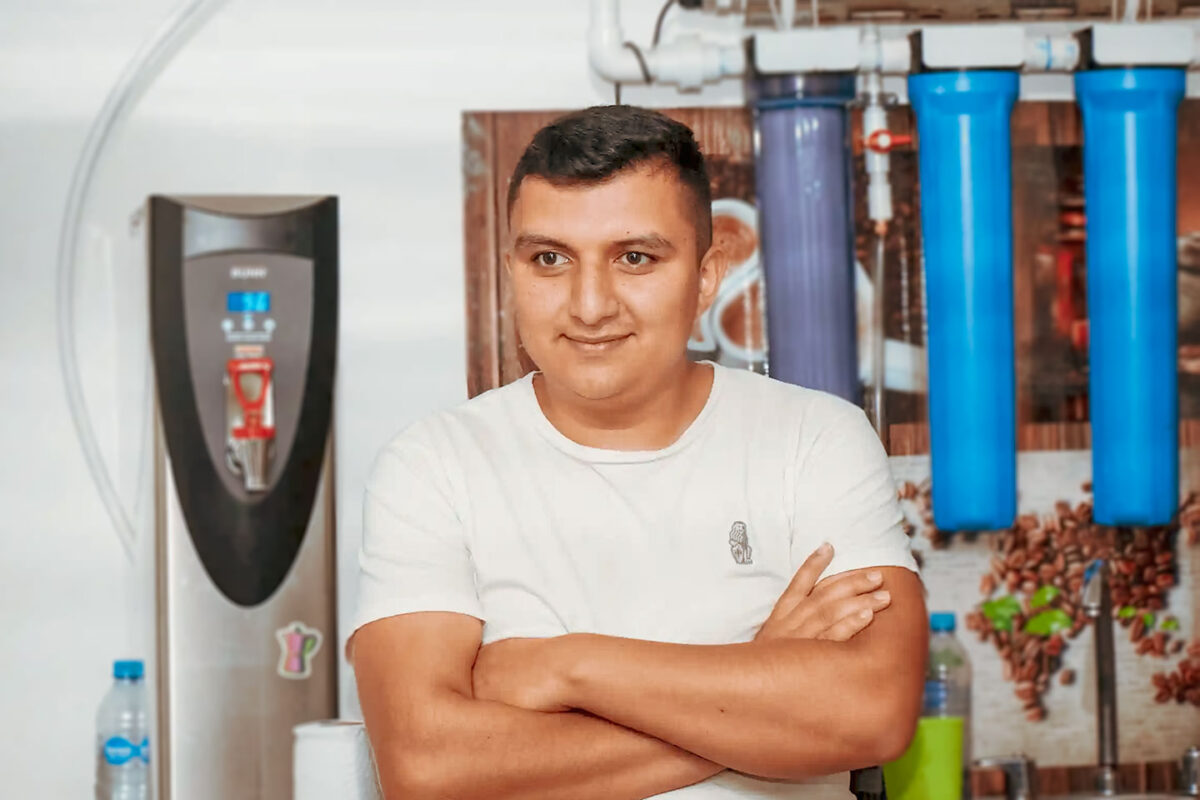
Exploring the world of coffee together
When CATA started, they had clear criteria for choosing the producers they wanted to work with. They focused on finding people with exceptional talent and great potential who had yet to be widely recognized or appreciated. One of those producers was Nestor, who was just 18 at the time.
CATA’s approach is all about working side by side with producers – helping them improve their processing methods and sharing knowledge – until they can produce top-quality coffee. This process takes time to show results, so they naturally end up partnering with producers who are truly passionate about exploring coffee’s potential.
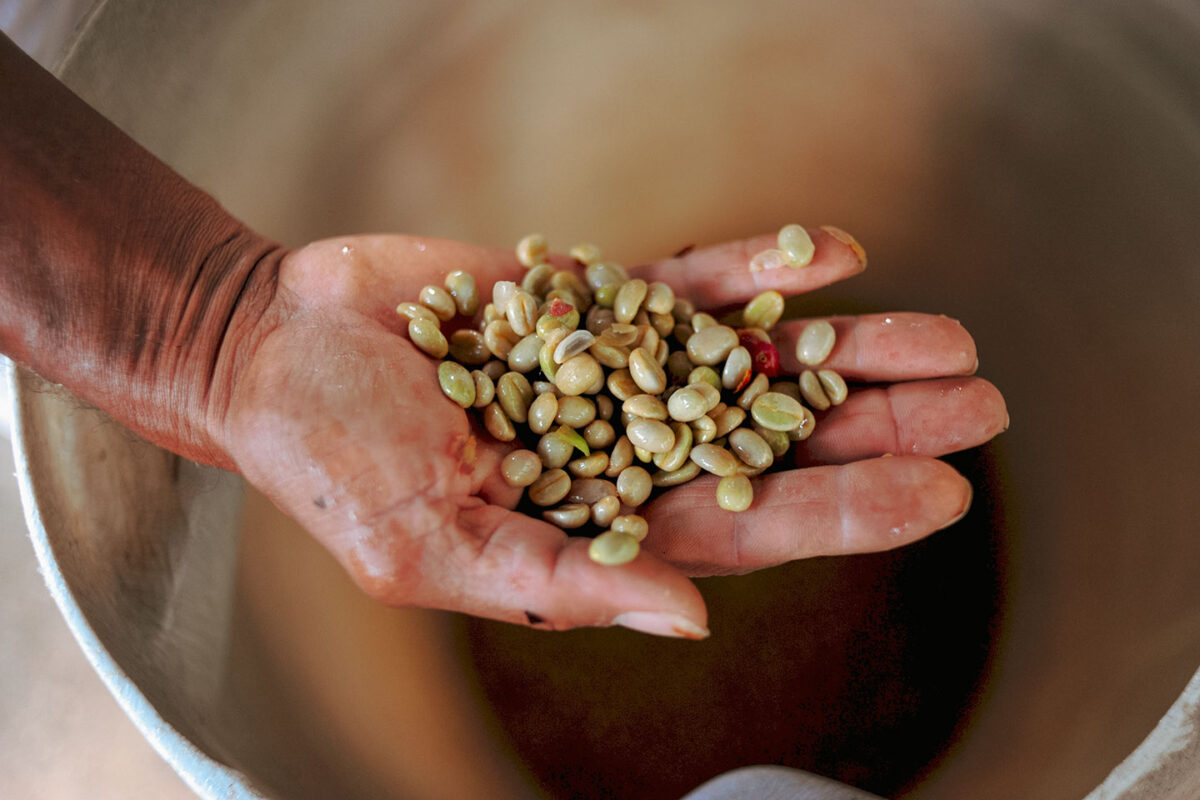
Another pillar of CATA’s work involves collaborating with 200 Afro-Colombian producers in the Cauca region. While Colombia’s 52-year civil war officially ended in 2016, some armed groups are still active. This means that the region remains off-limits without permission from paramilitary organizations.
Catalina: “The communities they live in are some of the poorest in Colombia. Society still labels them as low-wage manual laborers or even dangerous people. Even if it was just a tiny quantity, I think buying coffee from them and introducing it to the world was really meaningful in raising awareness of these issues.”
Pierre: “That said, we’re still a small company with only a few employees and limited resources, so we’ve had to put the project on hold for now. If we can find a partner willing to commit to buying 10 to 20 bags a year, we’d be able to pick it back up.
This is just one example, but we want to act as a hub that provides producers with stability within the market. If they’re constantly worried about money and can’t plan their production cycles, it’s hard for them to think long-term or get creative with their work.”
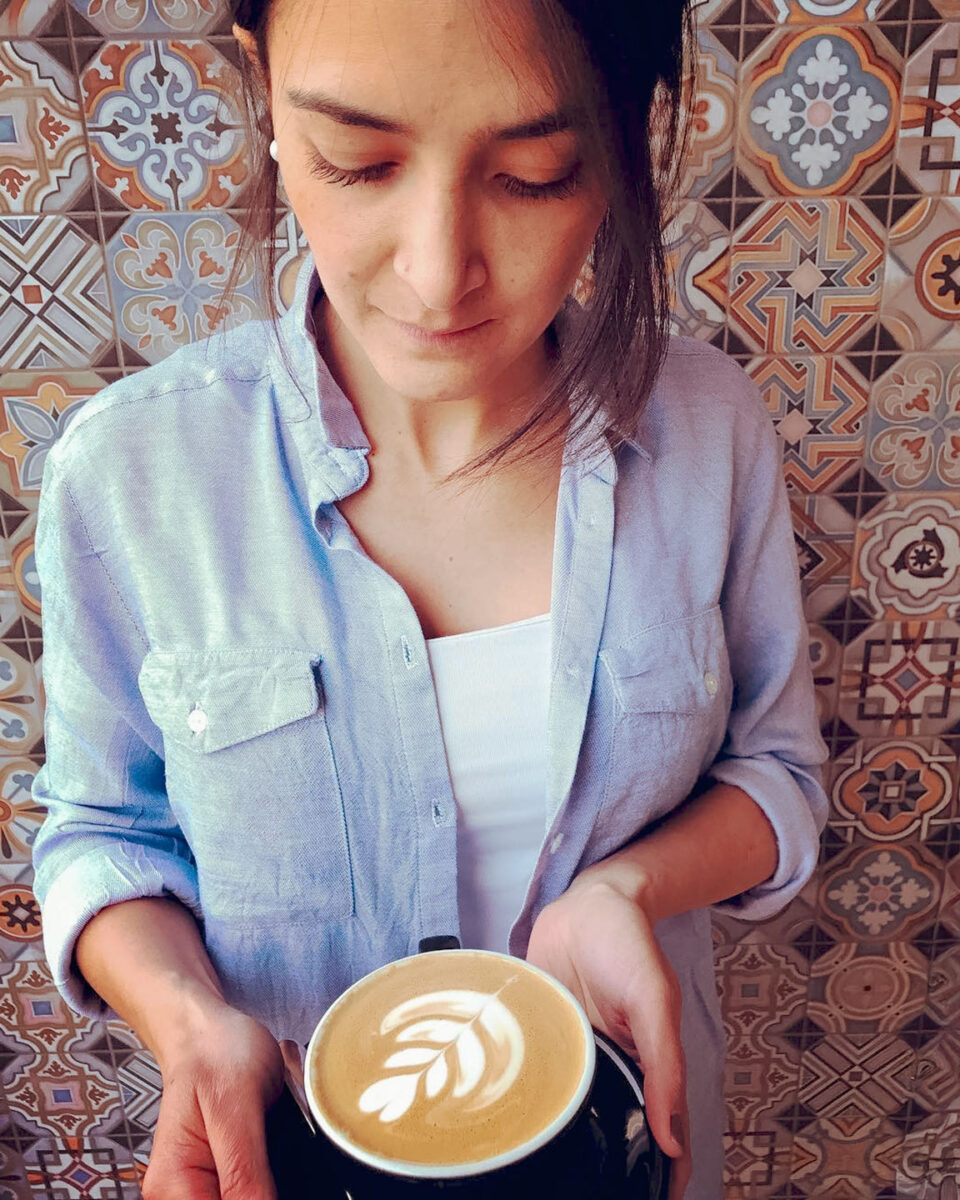
Passion paves the way
In a sense, CATA began with Catalina’s personal curiosity and passion for coffee.
Born and raised in Colombia, Catalina moved to London after high school to attend university. Her life changed forever when she joined a cupping session hosted by a roastery cafe near campus.
While Catalina could only think of the coffees at the session as “just coffee,” other participants described them with phrases like “peach and honey notes” or “chocolate and tea-like flavors.” She was fascinated. She wanted to be able to describe coffee like that and to recognize the unique characteristics and subtle differences in flavor. That sense of admiration set her on a journey that hasn’t stopped since.
Although Catalina briefly worked as a graphic designer, her passion for coffee kept pulling her back. She eventually took a full-time barista position at a roastery in London, where she struck up a connection with one of the regular customers. He wore a wristband with the Colombian flag on it – the same one she had.
At first, she didn’t think he looked Colombian. When they finally talked, she found out he was a French musician with a deep love for Colombia, and his father even lived there. That regular was Pierre.
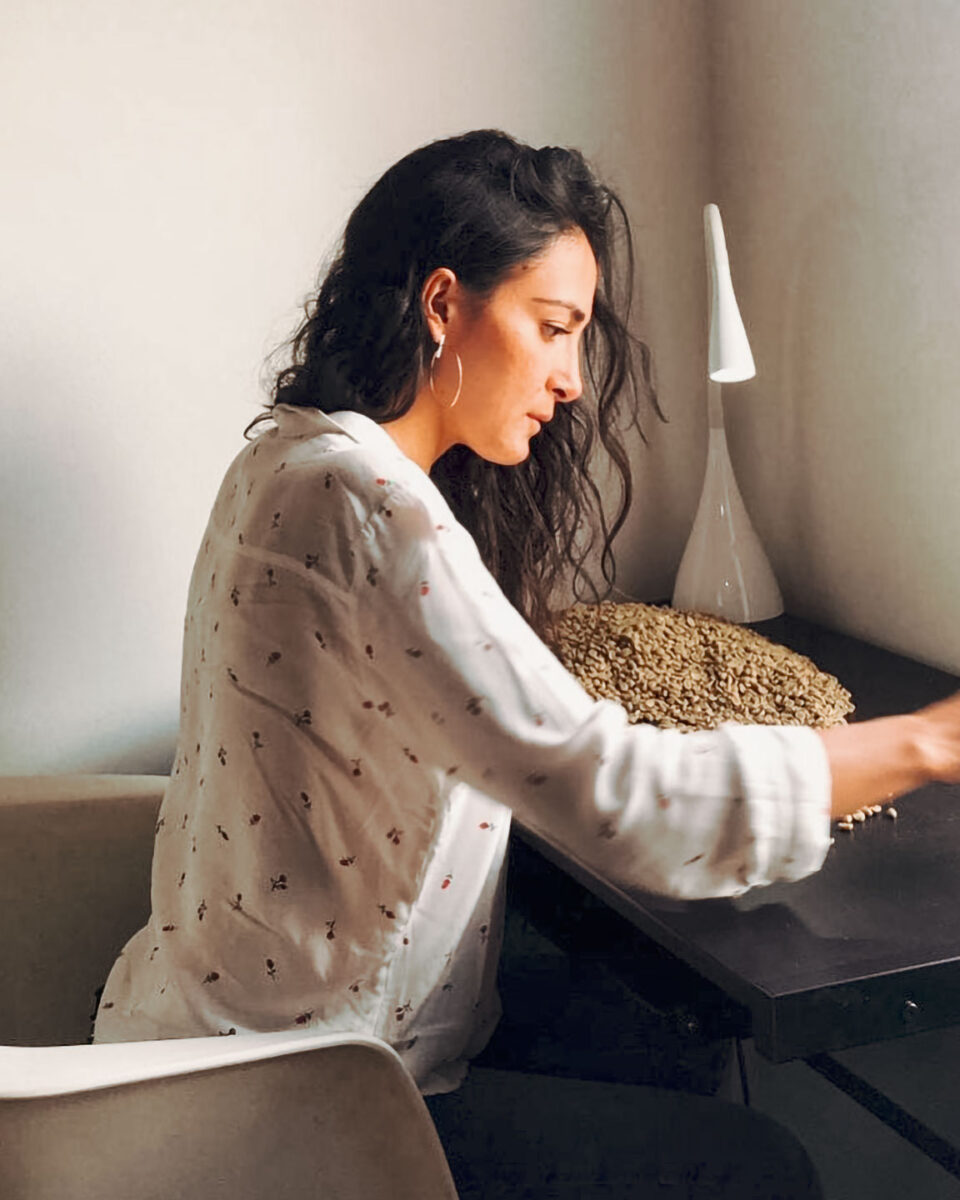
When you’re living abroad, just hearing someone mention your home country can light up your heart. Coffee and music might be different passions, but the energy they both shared made their conversations flow naturally, and they quickly became a couple.
But by the time Catalina opened a pop-up coffee shop in London, a thought had begun to take shape in her mind – she would soon have to say goodbye to Pierre.
She knew she didn’t want to stay a barista forever. Competing professionally or diving into roasting were options, but what truly felt right was returning to her home country, starting a business, and working closely with coffee producers as an exporter. Finally, she worked up the courage to tell Pierre:
“This might be where our relationship stops.”
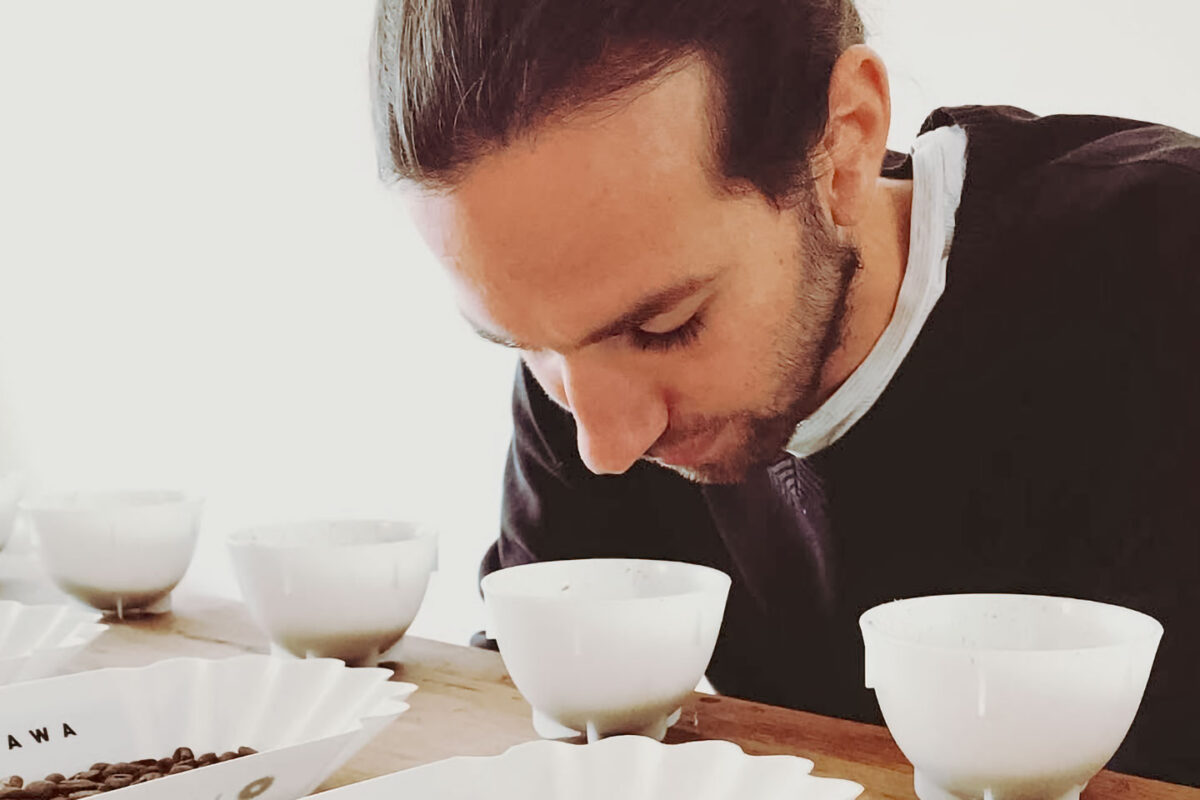
To Catalina’s surprise, Pierre didn’t seem upset. Instead, he said, “That sounds like a lot of fun.” Thinking back, Pierre reflects on how that moment played out.
“My first trip to Colombia was in 2007, and since then, I came back regularly to perform concerts. Over time, I made friends, and I always had it in the back of my head that I wanted to live here someday. So it was the perfect opportunity.
Catalina also introduced me to the world of coffee. How can I put this? The specialty coffee industry is just a wonderful universe where you have a lot of freedom. It attracts people from diverse backgrounds. To me, it really felt like a window to something that could create a positive impact on the world.”

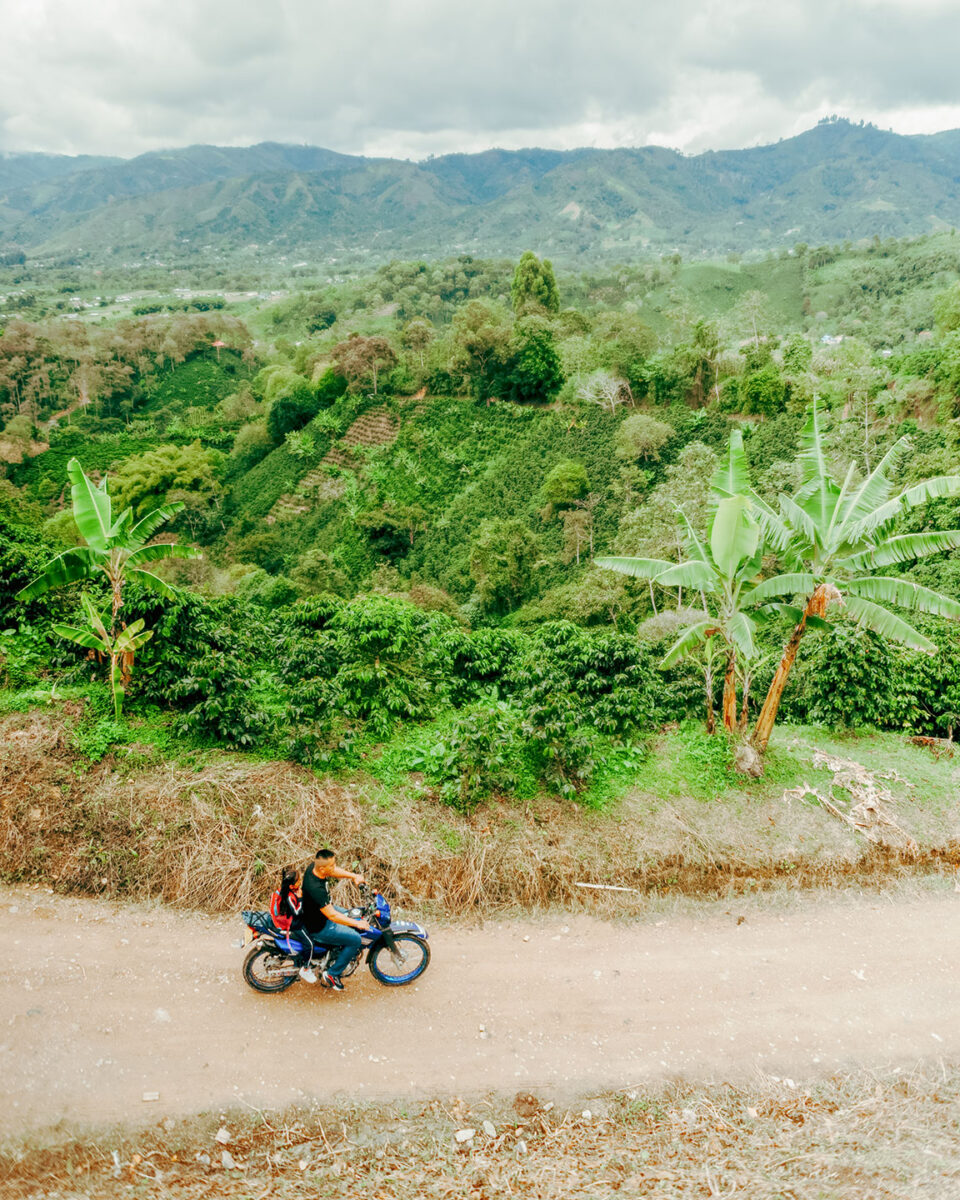
We’re all equal
Neither Catalina nor Pierre had any experience in exports or business. All they had was pure passion. If they’d stopped to think rationally, they could have found countless reasons to quit. But nothing held them back.
Driving across Colombia, from the north to the south, they met producers who shared their vision. The fact that their business was incomplete meant that there was plenty of room to collaborate. By complementing each other’s weaknesses, they steadily built strong, trusting relationships.
Soon enough, orders started trickling in from European roasters. They didn’t have all the expertise yet, but the trust their customers placed in them was something they couldn’t take lightly. That sense of responsibility became an anchor that kept them down-to-earth. Catalina shares:
“We don’t feel that we’re helping producers, and we certainly don’t believe we’re bringing them something from Europe that they don’t already have.
The world of coffee is like a soccer match. When you’re on the pitch, all of these players are equal. Things like their background, race, or wealth don’t matter. In the same way, as long as there’s a shared passion for coffee, it doesn’t matter if you’re from Europe, Asia, or the United States because you can connect through the same language of coffee.
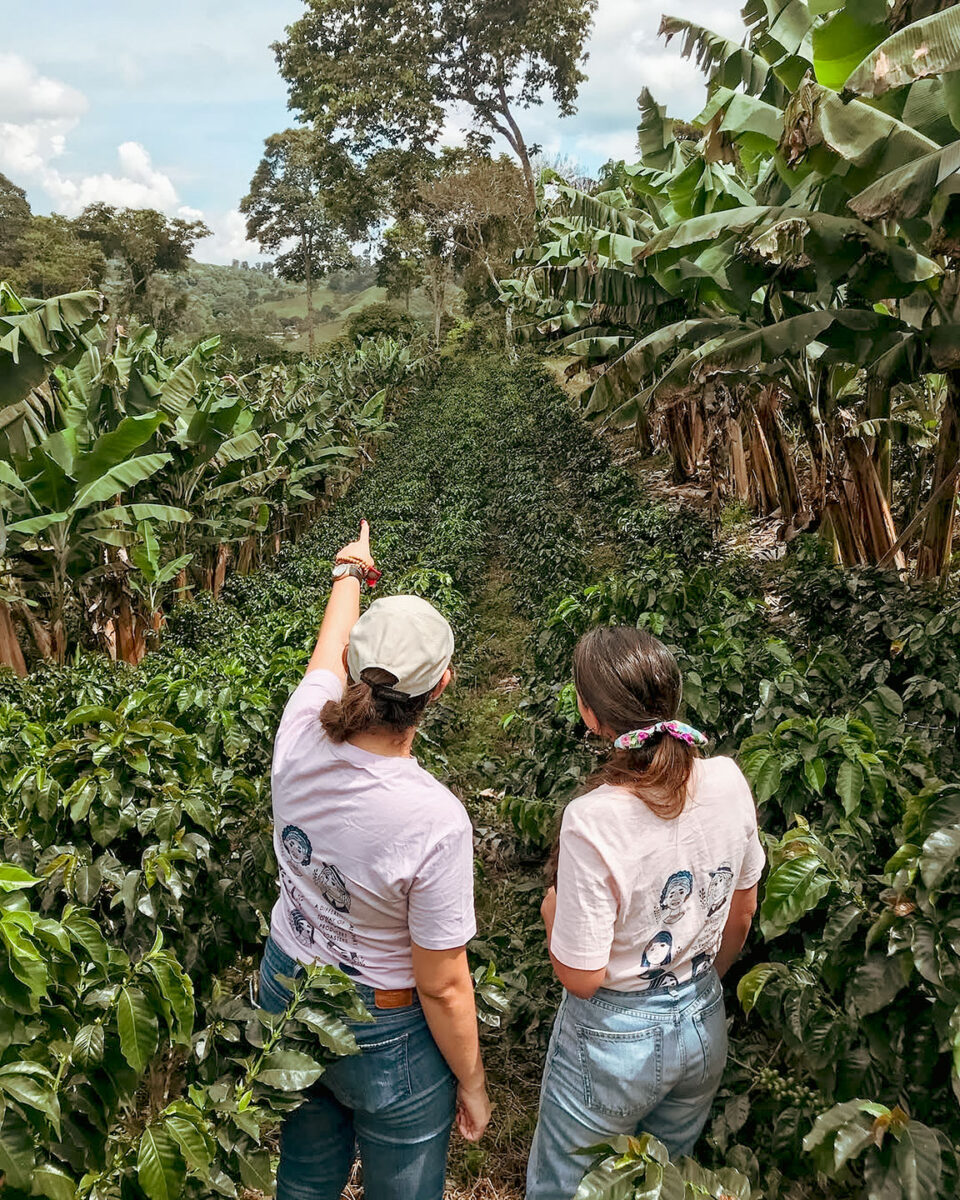
And yet, the coffee industry often leans heavily on marketing strategies and tends to undervalue the work of producers. And many consumers choose their coffee based on brand recognition or reputation. That’s why we feel it’s so important to portray producers as they truly are – without romanticizing or dramatizing their stories – just presenting their real work accurately and genuinely.”
That philosophy has been driving CATA as they’ve created opportunities to bring producers and roasters face-to-face, both in consuming and producing countries.
Catalina: “For us, this business is a way to grow our passion for coffee, improve our lifestyle, and bring peace to our daily lives. It’s also about turning that passion into beautiful coffee and sharing it with the world.”
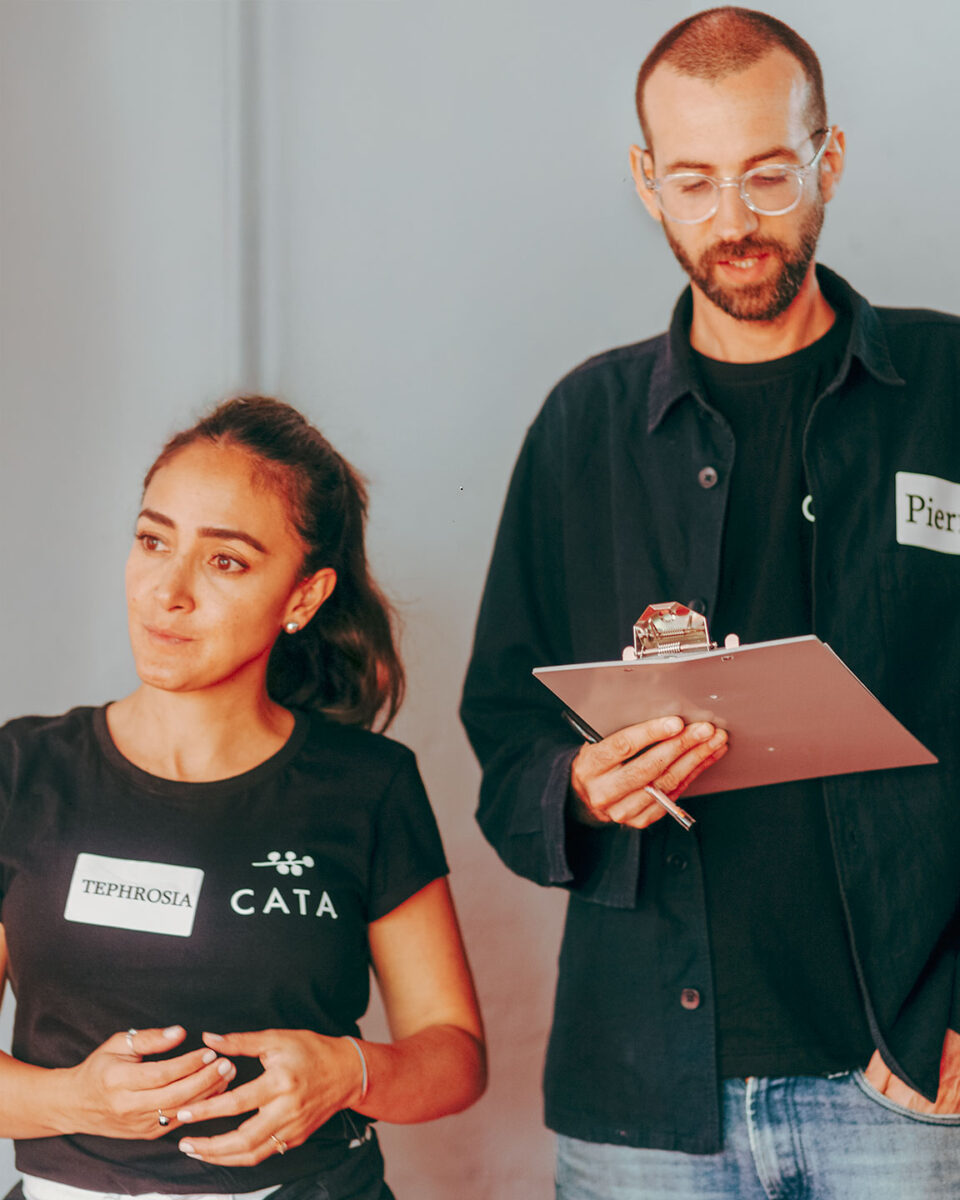
Stronger together
Catalina and Pierre began dating before they founded CATA. They initially planned to get married in 2022. But with their dedication to work, time slipped away, and their personal lives took a backseat. Recently, they even had their wedding rings stolen, but they’ve promised to finally tie the knot by the end of 2024, just one month away.
Pierre: “People often say couples shouldn’t run a business together, and honestly, if you’re not fully invested, they’re probably right. The struggles can be so overwhelming that you might begin to feel like it’s not worth all the hassle.
But when you’re both fully dedicated to the same dreams and goals, it’s a great experience. The biggest reward of creating your own business is being able to create an environment that suits you as a person.”
Catalina: “We’re surprisingly good at complementing each other. In business, Pierre is great at logical problem-solving and creating strategies to prevent issues, while I’m excelled at coming up with creative ideas and making long-term plans.
At home, though, we’re completely different. If I’m making pasta, I like to stick to a classic Italian recipe, but Pierre suggests tossing in things like tofu or curry to mix it up. That contrast creates a unique chemistry, and I think it positively influences how we work together in business too.”
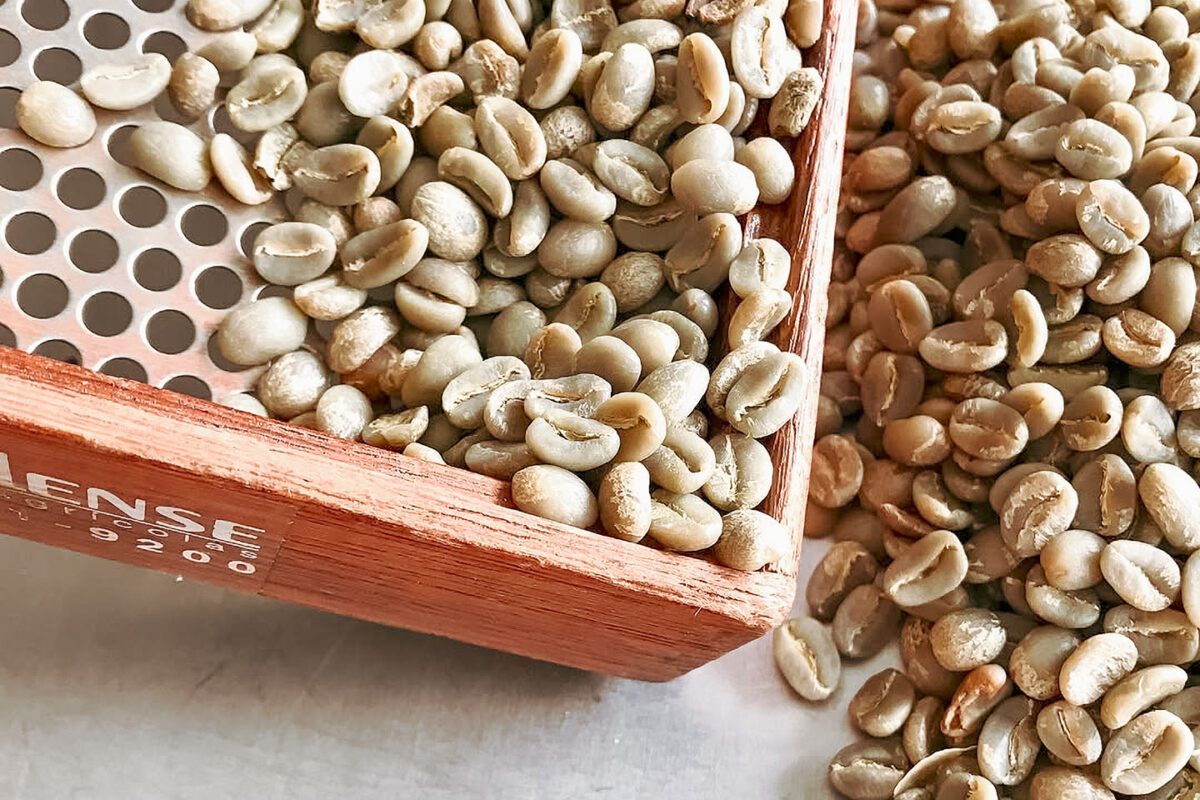
Some singers come alive as solo performers, but there are vocalists who shine brightest as part of a band. Blending personalities doesn’t erase an individual’s beauty – it enhances it.
But in coffee, the journey from seed to cup is so long and complex that it’s easy for individuality to get lost along the way. That’s why transparency matters. It keeps the coffee’s value alive as a unique blend of the passion and care poured into it by everyone involved.








